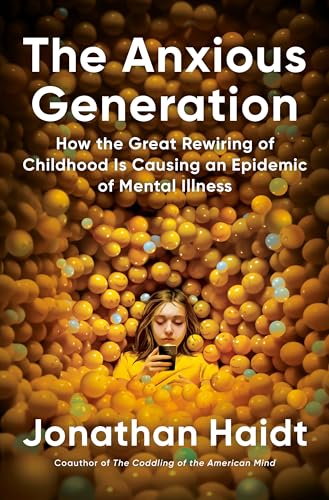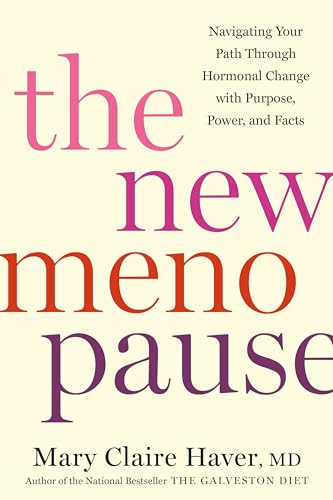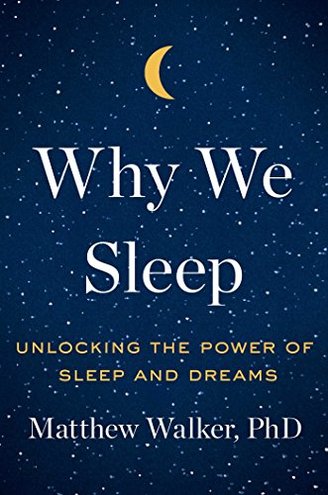Review of THE ANXIOUS GENERATION
by Johny McFliggen, PhD Literature & Business, Oxford
In the imagined realm where Jonathan Haidt's "The Anxious Generation" exists, one can't help but speculate on the intellectual buffet it might offer. Haidt, a luminary in social psychology, seems poised to continue his incisive exploration of the psychological landscapes shaped by modernity's digital excesses. Given his previous works like "The Coddling of the American Mind," I can only assume this hypothetical tome would dissect the mental health ramifications of our tech-saturated lives with the precision of a surgeon wielding Occam's razor.
The premise—a phone-based life impacting children's mental health—is a fertile ground for Haidt, reminiscent of Jean Twenge's "iGen" and Sherry Turkle's "Reclaiming Conversation." These authors have previously taken up the mantle to unravel the Gordian knot of technology and psyche, but Haidt would likely bring his unique blend of moral psychology and cultural critique to the table. One might imagine him likening today's youth to the characters in "Black Mirror," navigating a world where every swipe and notification carries existential weight.
In a world where smartphones serve as both pacifier and prison, Haidt's hypothetical exploration would likely delve into the paradox of connectivity; how being perpetually online fosters not community but isolation, not wisdom but anxiety. It’s a theme echoed in "The Coddling of the American Mind," where Haidt argues that overprotection and safetyism have left today's youth unprepared for the complexities of real life. If "The Anxious Generation" builds upon these ideas, it might very well be a clarion call for resilience and mental fortitude in an age of digital dependency.
Haidt's imagined prose would presumably be as accessible as it is erudite, a hallmark of his style that has garnered both praise and critique. Some might argue that his views oversimplify the labyrinthine nature of youth anxiety, much like critics have done with his previous works. However, Haidt's knack for engendering debate is precisely what keeps his discourse relevant—an intellectual sparring match where each page turns with anticipation.
While we await confirmation of this book's existence, one can only speculate on its reception. If history is any guide, "The Anxious Generation" would likely stir both admiration and dissent among readers and critics alike. Yet, this hypothetical book would surely stand as a testament to Haidt’s enduring commitment to understanding the moral and psychological contours of our time.
In the grand tapestry of generational psychology literature, Haidt’s imagined book might be that elusive thread tying together the fraying edges of digital angst and youthful resilience. Whether or not this book ever graces our shelves, the questions it would raise remain pressing—questions that demand our contemplation long after we've put down our devices.
Purchase Link: THE ANXIOUS GENERATION on Amazon



